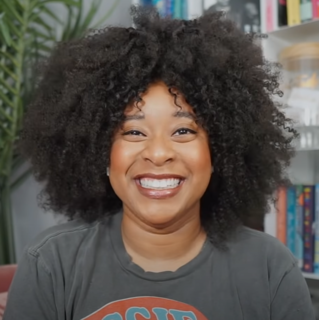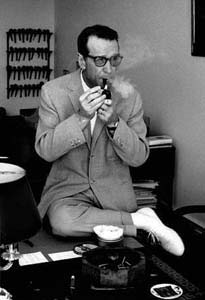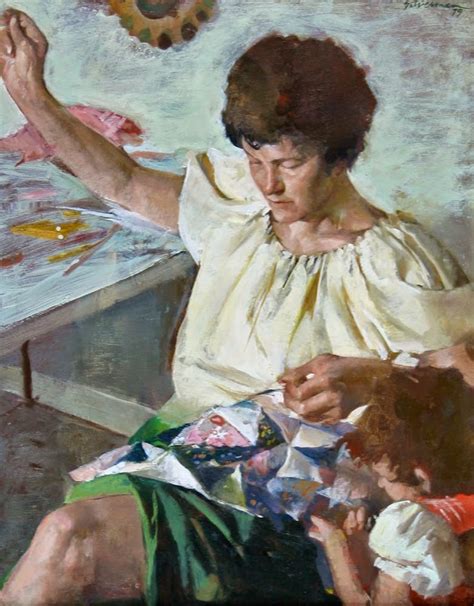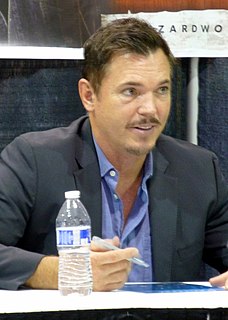A Quote by Frances McDormand
In my theater work, I've had much more three-dimensional, broader-stroke characters.
Quote Topics
Related Quotes
I would make a huge distinction between theater improvisation and film improvisation. There isn't much improvisation in film - there's virtually none. The people that theoretically could be good at this in a theater situation don't necessarily do this in a film in a way that will work, because it's much broader on a stage. But in a movie, it has to be real, and the characters have to look entirely real because it's being done as a faux documentary, so there are even fewer actors that can do that on film.
I would like to carve my novel in a piece of wood. My characters—I would like to have them heavier, more three-dimensional ... My characters have a profession, have characteristics; you know their age, their family situation, and everything. But I try to make each one of those characters heavy, like a statue, and to be the brother of everybody in the world.
Genes are effectively one-dimensional. If you write down the sequence of A, C, G and T, that's kind of what you need to know about that gene. But proteins are three-dimensional. They have to be because we are three-dimensional, and we're made of those proteins. Otherwise we'd all sort of be linear, unimaginably weird creatures.
I think that I write much more naturally about characters in solitude than characters interacting with others. My natural inclination - and one that I've learned to push against - is to give primacy to a character's interior world. Over the three books that I've written, I've had to teach myself that not every feeling needs to be described and that often the most impactful writing more elegantly evokes those unnamed feelings through the way characters speak and behave.
. . . I felt that making her one-dimensional would be an insult to the audience, and also not as interesting. All destructive people have an inner side to them, and the more three-dimentional your characters are on screen the more compassion you can open up in an audience . . .. To me, that involves the audience more, it stimulates them and asks more of them.



































